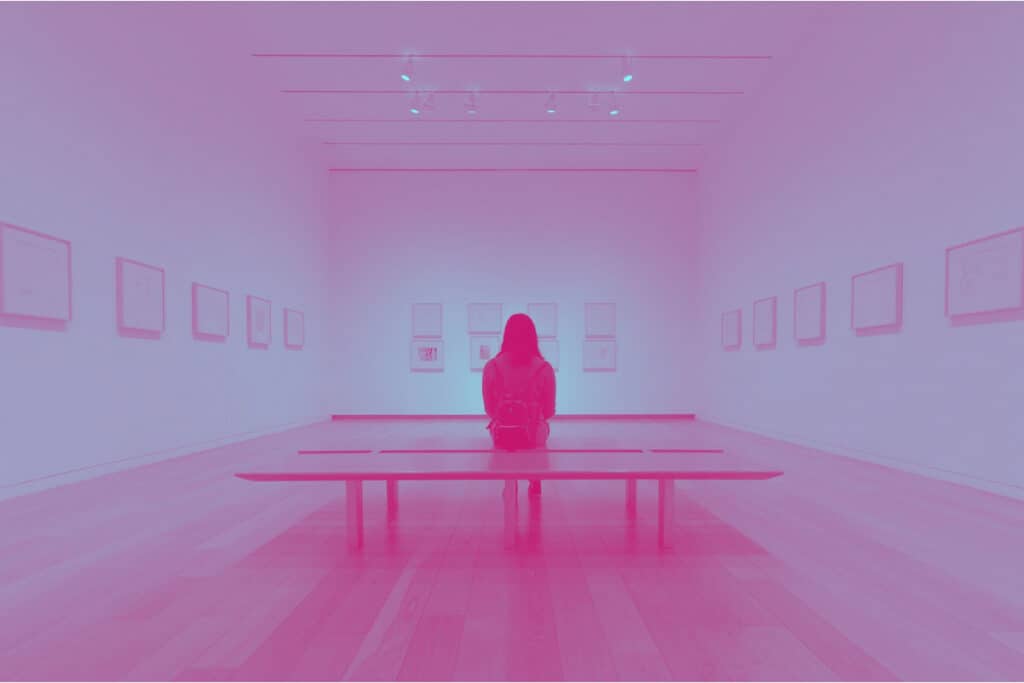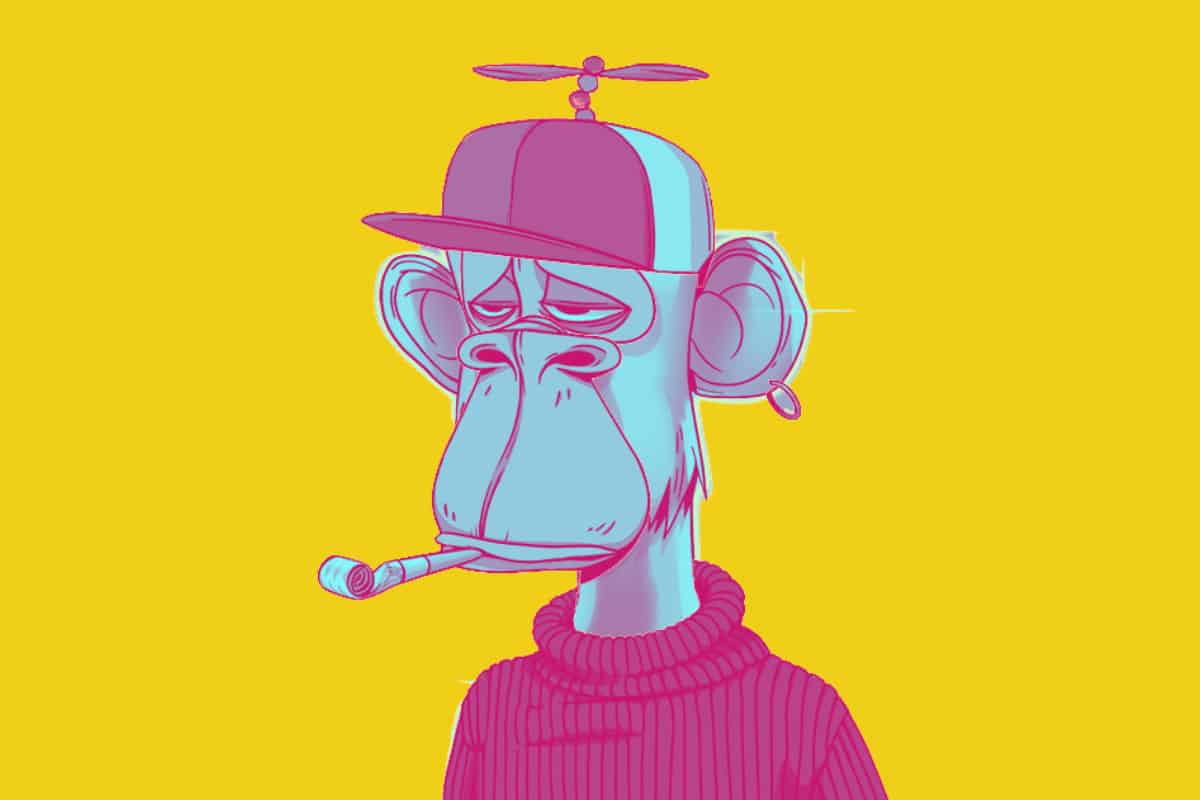NFTs are all the rage. Well, typically amongst NFT enthusiasts specifically, but most of us have at least heard of them by now. We’ve heard of them – but have we heard them? Is that possible? Let’s take a look…
Non-Fungible Token (NFT) is a unit of data kept on a digital ledger, known as a blockchain, that verifies a digital asset to be unique and hence non-fungible – thus “non-fungible”.
Consider an NFT to be proof of ownership for a particular digital asset. If you possess the NFT of a digital picture, you have complete control over that image file.

If that particular picture is worth anything in the market, you will be the owner of something valuable, akin to tangible artwork.
Digital artwork is the type of NFT we’re used to seeing people on Twitter show the world as often as they can, but can they also be other physical or digital entities?
Can An NFT Be Audio?
Since an NFT can be anything that is non-fungible, audio certainly can be traded as an NFT. Many other NFT types can also have audio featured in them.
If you possess a one of a kind voice clip, for example, you hold complete rights to that audio file and may sell it at your discretion, just as we considered with digital artwork earlier.
With the rise of NFTs and cryptocurrencies, there may be a way for artists to become more engaged in the financial elements of their work.
Distribution, promotion, and booking are often handled by the artist’s management or record companies. NFTs are a tool that may have an influence on an artist’s merchandising, live performance tickets, live recordings, and overall fan involvement.
Audio NFTs clearly have a lot of promise. On many platforms, crypto investors have discussed their potential, claiming that music would be a great topic for NFTs. It’s possible that here is where the divide between audience passion and creative profit is the largest.
Should Musical Artists Be Creating NFTs?
If you’re an artist, you should really consider making NFTs out of some of your work. Consider your NFTs to be certificates of authenticity for the work you made. If you can afford to make NFTs that are expensive to make, go ahead and do so, but be sure you’re not putting yourself in financial jeopardy by doing so.
If you’re an artist who wants to monetize your work, NFTs are a good idea since they allow you to verify a form of ownership that you can transmit without sacrificing copyright to your work.
How Do NFTs Make Money?
The most common method NFTs generate money is when an artist makes art and then receives a monetary offer to purchase that work. Once a work of art is sold, it becomes the property of the person who purchased it, and the artist loses ownership of it.
Another approach to earn money using NFTs is for an artist to produce art and then make it accessible for anyone to licence for a price. It’s possible that the charge will be set depending on royalties. People have the right to utilise the work as long as they pay the cost. If the artist no longer desires to licence their work, it can no longer be used by anybody other than the artist.
Finally, there’s the case of artists who are hired to produce a particular piece of artwork based on a brief. That piece of art then becomes the property of the person who purchased it, and the artist no longer owns it, which means they can’t sell or licence it to anybody else once they’ve sold it.
Where Can Audio NFTs Be Traded?
In recent years, a number of markets have emerged that make it simple to sell or buy various types of NFTs.
You may not only purchase and trade NFTs on these platforms, but you can also create your own non-fungible tokens. So, if you decide to make your own, these are some of the finest sites to sell them (in no particular order):
Binance
Binance is one of the biggest cryptocurrency exchanges in the world. Binance provides a range of services including trading, crypto savings accounts, staking, and more. Its non-fungible token exchange, dubbed ‘Binance NFT,’ is supported by the Binance blockchain infrastructure and allows you to purchase and trade a wide range of non-fungible tokens.
Rarible
With a network that is actually owned and operated by the people who use it, Rarible has emerged as one of the most popular non-profit music markets in the world.
This decentralised site is operated via the usage of the RARI digital token. On top of that, Rarible provides 75,000 RARI tokens every week to users who are active on its NFT platform.
Royal
Royal concentrates just on music non-fungible tokens, unlike the other exchanges we’re looking at here, which provide a diverse selection of tokens. It is the material producers who are given the most attention on this platform.
Because of this, creators have the ability to manage the royalties commission on their own work. Therefore, many artists believe that Royal is the best non-financial trading outlet for music in general.
OpenSea
OpenSea is the world’s oldest and most popular NFT marketplace. It has about every kind of NFT imaginable, including art, sports souvenirs, gaming tokens, and photography, to name a few. OpenSea, the world’s biggest marketplace for non-fungible commodities, also features a separate NFT for music.
Crypto.com
Crypto.com is a one-stop store for everything related to cryptocurrencies, including a specialized NFT market. You will be able to purchase, sell, and produce NFTs in a variety of categories via Crypto.com. NFTs depicting art, gaming, sports, music, crypto, and much more are available on the platform.
Music NFTs are traded on Crypto.com in both main and secondary exchanges, which implies that musical NFT artists may directly sell their tokens on Crypto.com, and purchasers can resale them on the same site.


